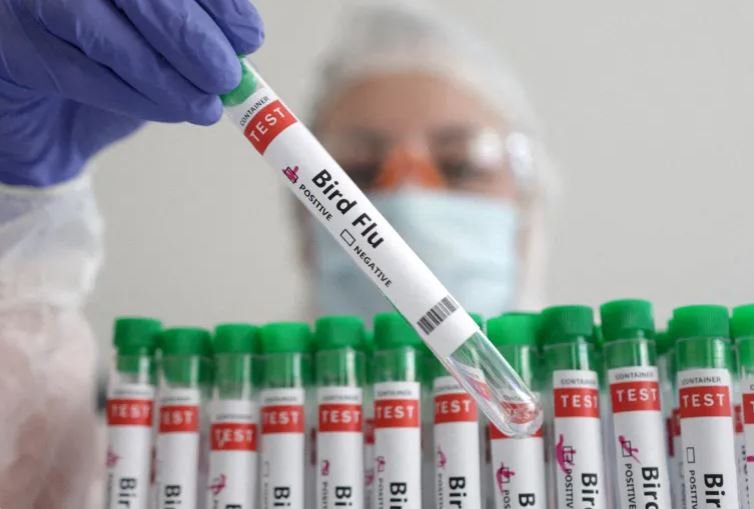The Biden administration suggests additional regulations to strengthen control over AI chip flows.

In an effort to strike a balance between the economic interests of producers and other nations and national security concerns regarding the technology, the departing administration of US President Joe Biden is putting forth a new framework for the export of sophisticated computer chips used to create artificial intelligence.
However, executives in the chip sector expressed alarm about the framework that was suggested on Monday, claiming that it would restrict access to current video game chips and, in 120 countries, processors needed for data centers and artificial intelligence technologies. Among the countries that could have restricted access are Mexico, Portugal, Israel, and Switzerland.
During a call with reporters to preview the framework, Commerce Secretary Gina Raimondo stated that maintaining American leadership in AI and the development of computer chips related to AI is “critical.” Rapidly advancing AI technology allows computers to write books, conduct scientific research, automate driving, and create a variety of other changes that have the potential to alter economics and wars.
“The threats to our national security are growing more severe as AI gains strength,” Raimondo stated. In addition to ensuring that the most cutting-edge AI technology is kept out of the hands of our foreign enemies, the framework “is designed to enable the broad diffusion and sharing of the benefits with partner countries.”
“The framework would ensure that the most advanced aspects of AI would be developed within the United States and with its closest allies instead of possibly being offshored like the battery and renewable energy sectors,” said White House National Security Adviser Jake Sullivan.
In a letter last week, the Information Technology Industry Council, a group representing the IT sector, cautioned Raimondo that a new regulation rushed into effect by the Democratic government might weaken global supply chains and disfavor US businesses. The Semiconductor Industry Association (SIA), another organization, expressed disappointment on Monday that the policy was being “hurried out the door” ahead of a presidential changeover. On January 20, Donald Trump, the president-elect, will assume office.




